Solve the mystery: Why your dog occasionally eats poop and what you can do
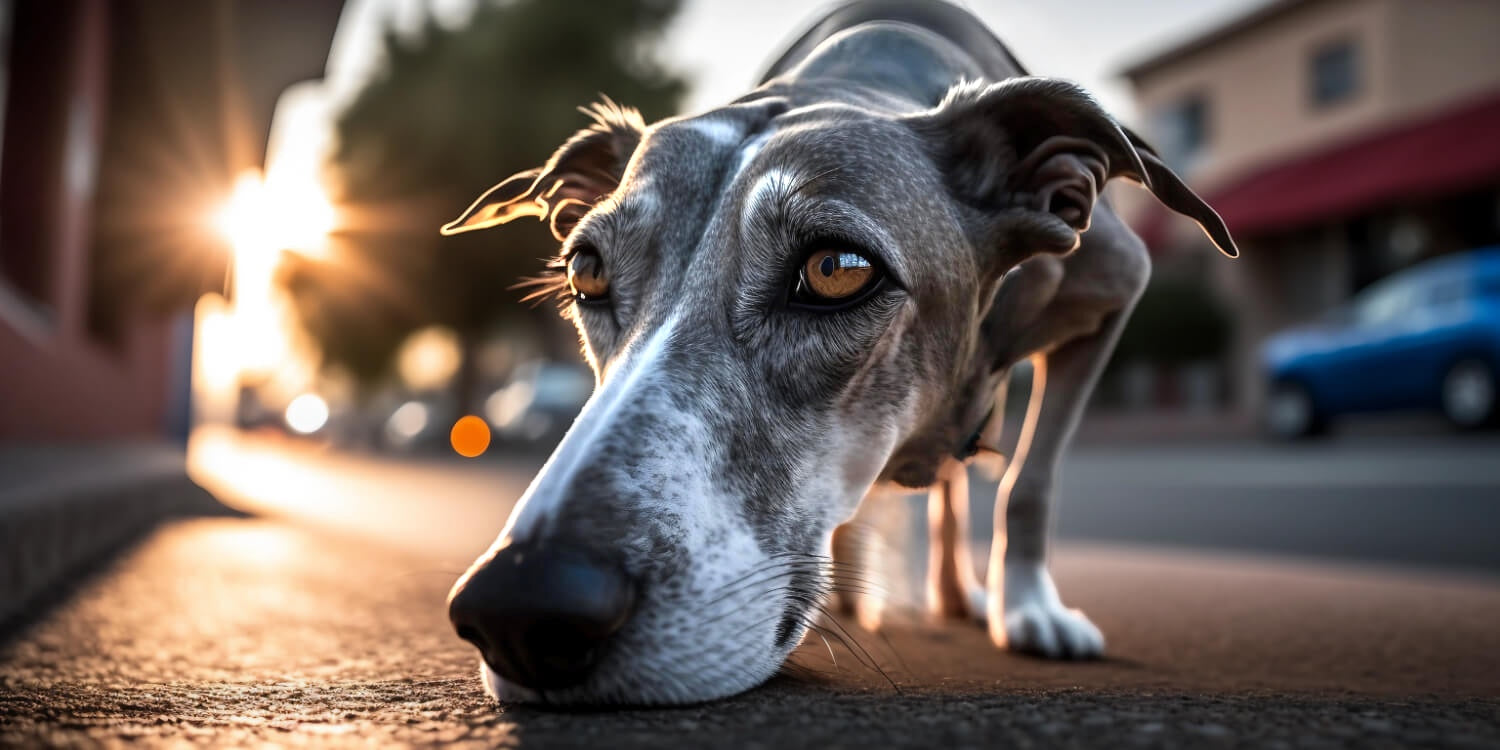
Dogs are naturally curious animals who explore their surroundings and investigate anything they find interesting. However, some dogs develop an unhealthy habit by eating things they shouldn't, such as poop from the street. This can be extremely unpleasant for both the dog and its owner and can also lead to serious health problems. In this blog, we'll explore the reasons why dogs eat poop and what you, as a dog owner, can do to prevent this behavior.
Causes of eating feces:
- Nutrient deficiency: A lack of nutrients in the dog's diet can cause him to turn to unusual sources such as feces in search of nutrients.
- Stress and anxiety: A stressed or anxious dog may tend to eat feces as a form of self-soothing or in response to anxiety.
- Behavioral problems: A dog that has inadequate socialization or training may engage in inappropriate behaviors such as eating feces.
- Instinct: In the wild, some wolves and wild dogs eat feces to cleanse their intestines of parasites. This instinct is a remnant in some dog breeds.
Consequences of eating feces
Eating feces can lead to serious health problems in dogs. Here are some possible consequences:
- Transmission of parasites: The feces of other animals can be infected with parasites such as worms or bacteria, which can be transmitted to the dog if it eats it.
- Gastrointestinal disorders: Eating feces can lead to gastrointestinal disorders such as diarrhea or nausea.
- Infections: The dog can become infected with infectious diseases such as Salmonella or Escherichia coli by eating feces.
- Poisoning: If the feces that the dog eats contain chemical substances such as pesticides or poisonous plants, this can lead to poisoning.
What can you do as a dog owner?
If you notice your dog eating feces, it's important to act as quickly as possible to prevent this behavior from continuing. Here are some tips to help:
- Monitor your dog: Spend time observing your dog during walks to see if he has a tendency to eat feces. If you observe him doing so, you can immediately react calmly and cautiously to discourage him.
- Check the diet: Make sure your dog is receiving a balanced diet that contains all the necessary nutrients. If you suspect your dog has a nutritional deficiency, consult a veterinarian for helpful recommendations.
- Offer distractions at the right time: Try to distract your dog if you notice him tending to eat feces. Play with him, praise him when he moves away from the feces, or give him a treat.
- Behavior modification: If feces eating is a behavioral problem, it may be helpful to consult a professional behavior therapist or experienced trainer to assist with behavior modification.
- Ensuring adequate exercise: Make sure your dog gets enough exercise and physical activity to reduce stress and anxiety.
Eating feces is inappropriate behavior, but not entirely unheard of. However, it can lead to serious health problems. As a dog owner, it's important to understand the causes of this behavior and take steps to prevent it. Monitor your dog, ensure they're fed a balanced diet, provide distractions, and continually exercise your four-legged friend's mind and body. If you think your dog has a behavioral problem, consider consulting a professional veterinarian or behavior therapist to help them stay healthy and happy.
It's important to recognize that eating feces is a behavior that's usually easy to correct, but it requires patience, consistency, and ongoing training. With the right support and guidance, you can help your dog reduce this inappropriate behavior and foster a healthy, happy relationship. With the right equipment, you can gently and immediately correct this behavior by applying light, assertive pressure. A wide collar or a special harness can help you steer your training in the right direction. This optimally distributes the corrective force and avoids selective pressure. Let's celebrate your training successes together.
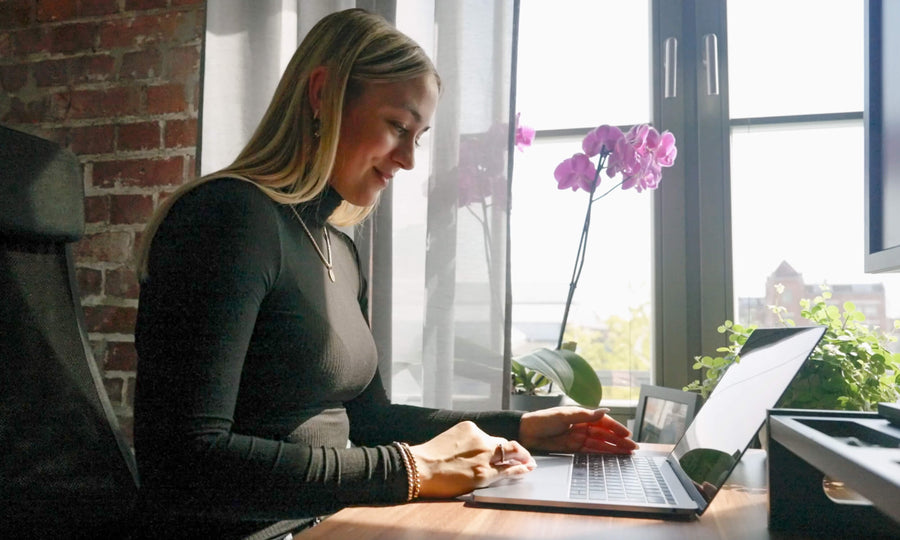
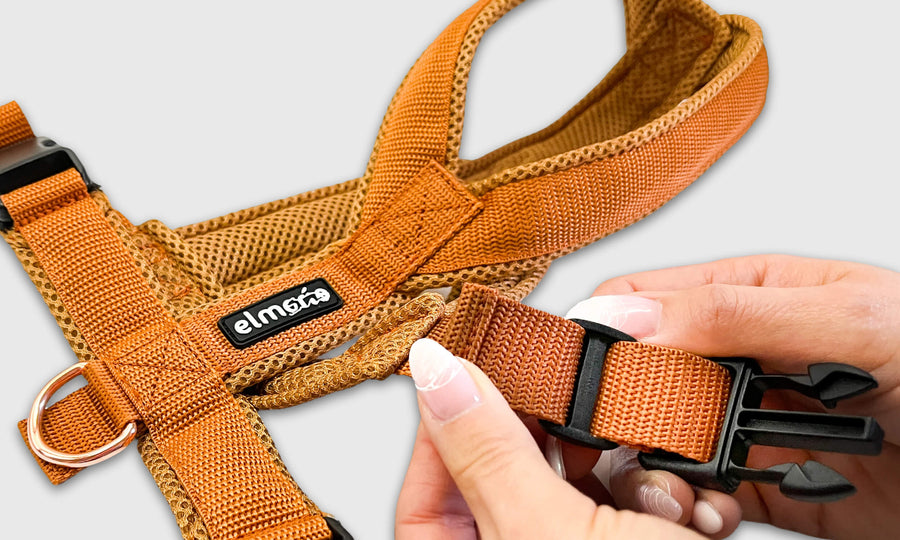
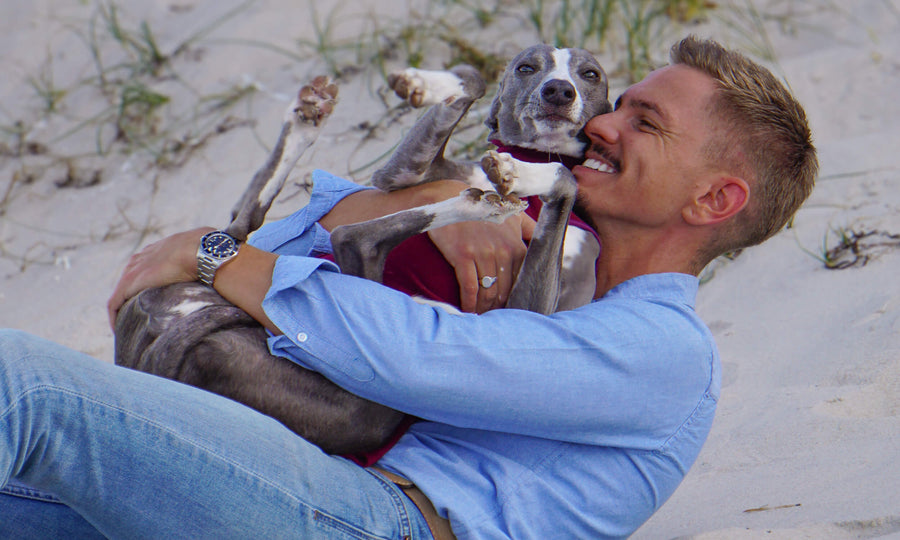





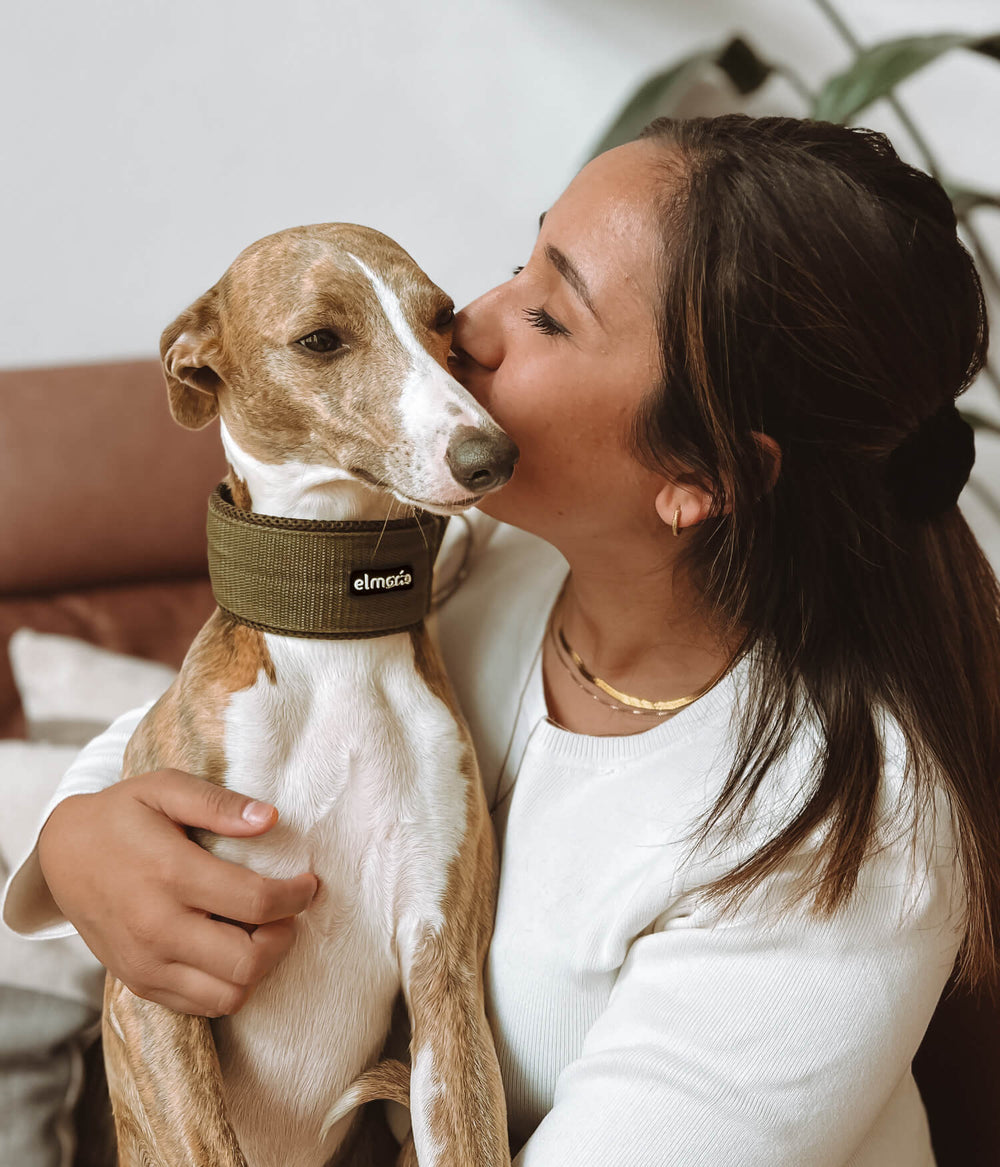
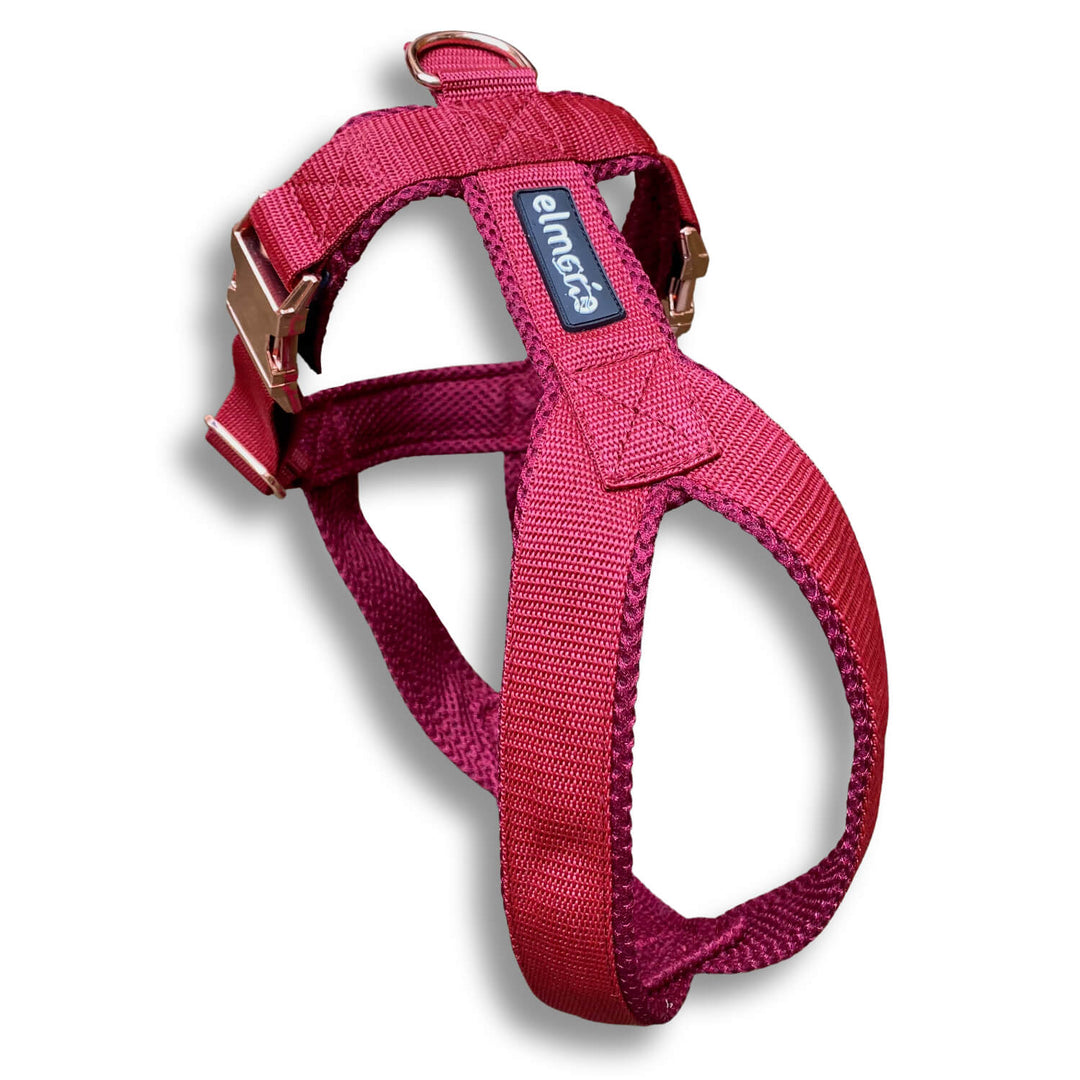
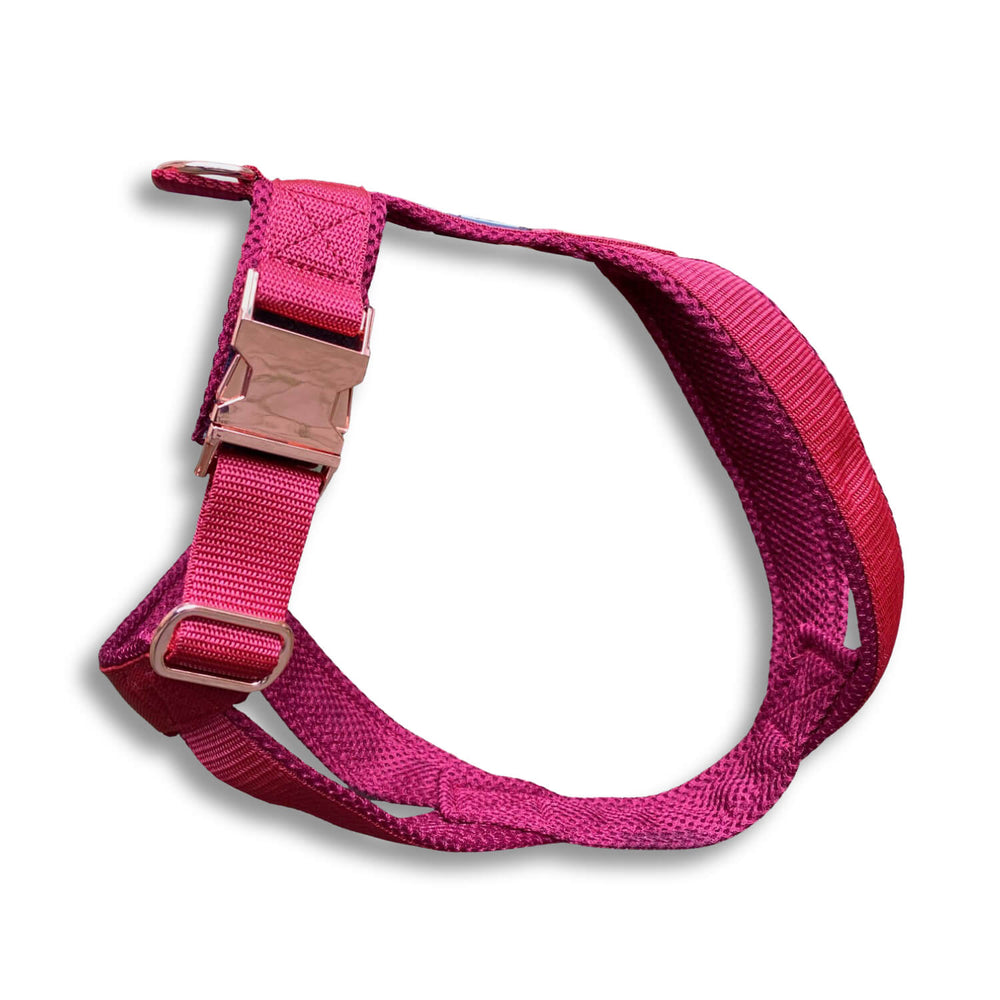
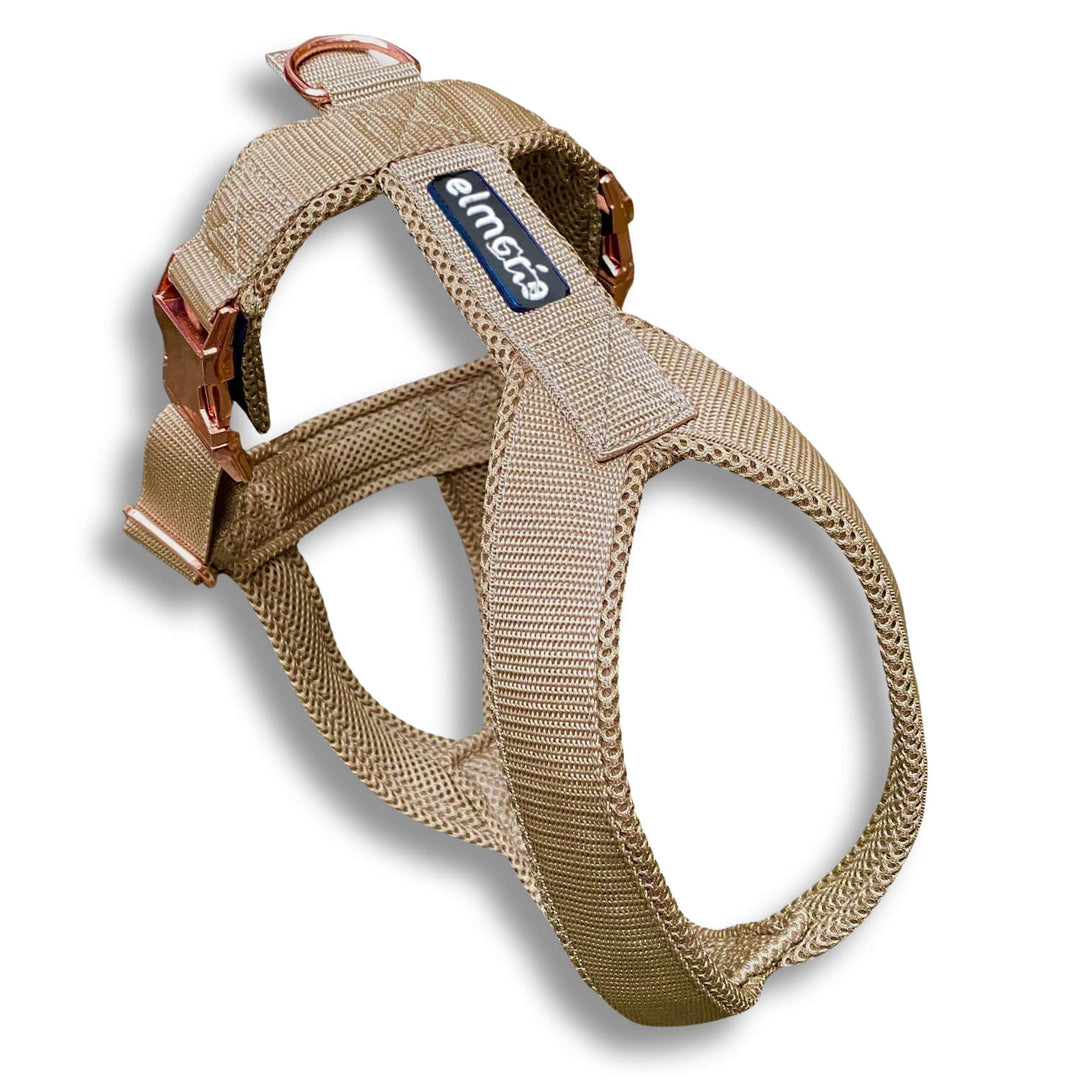
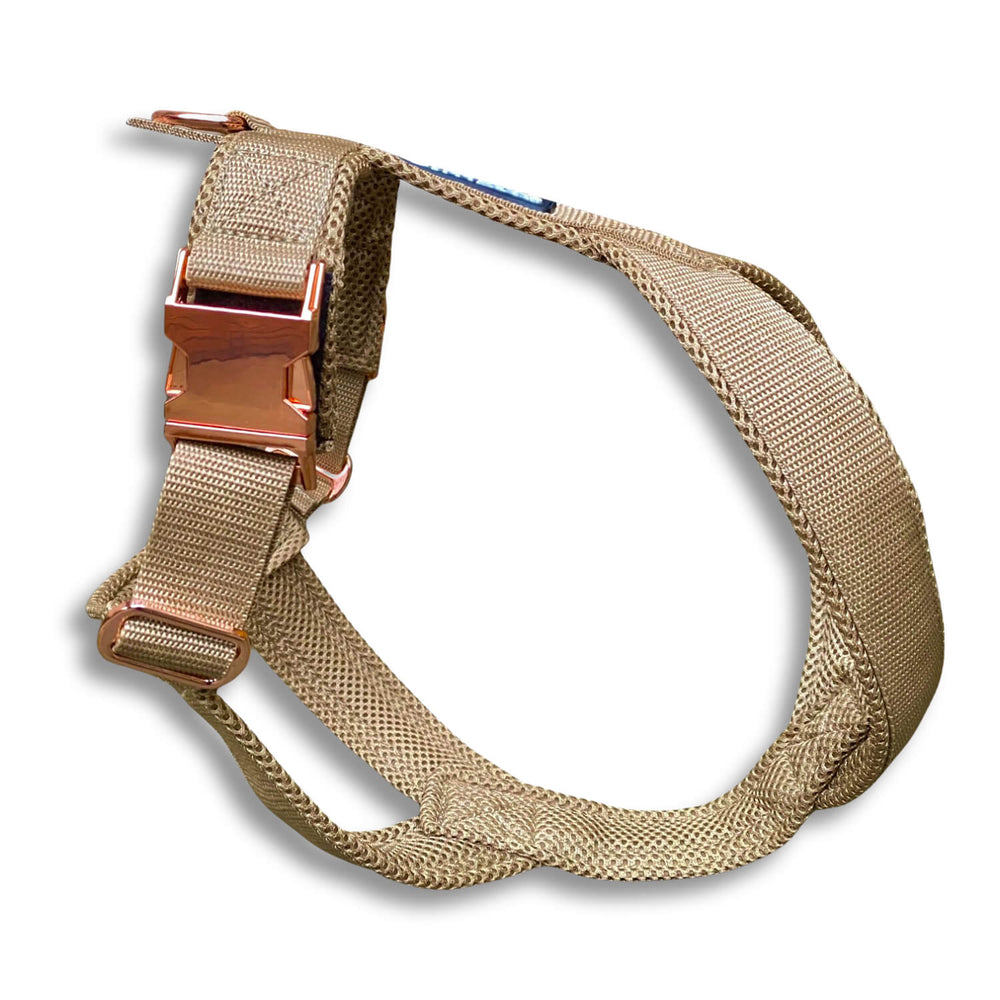
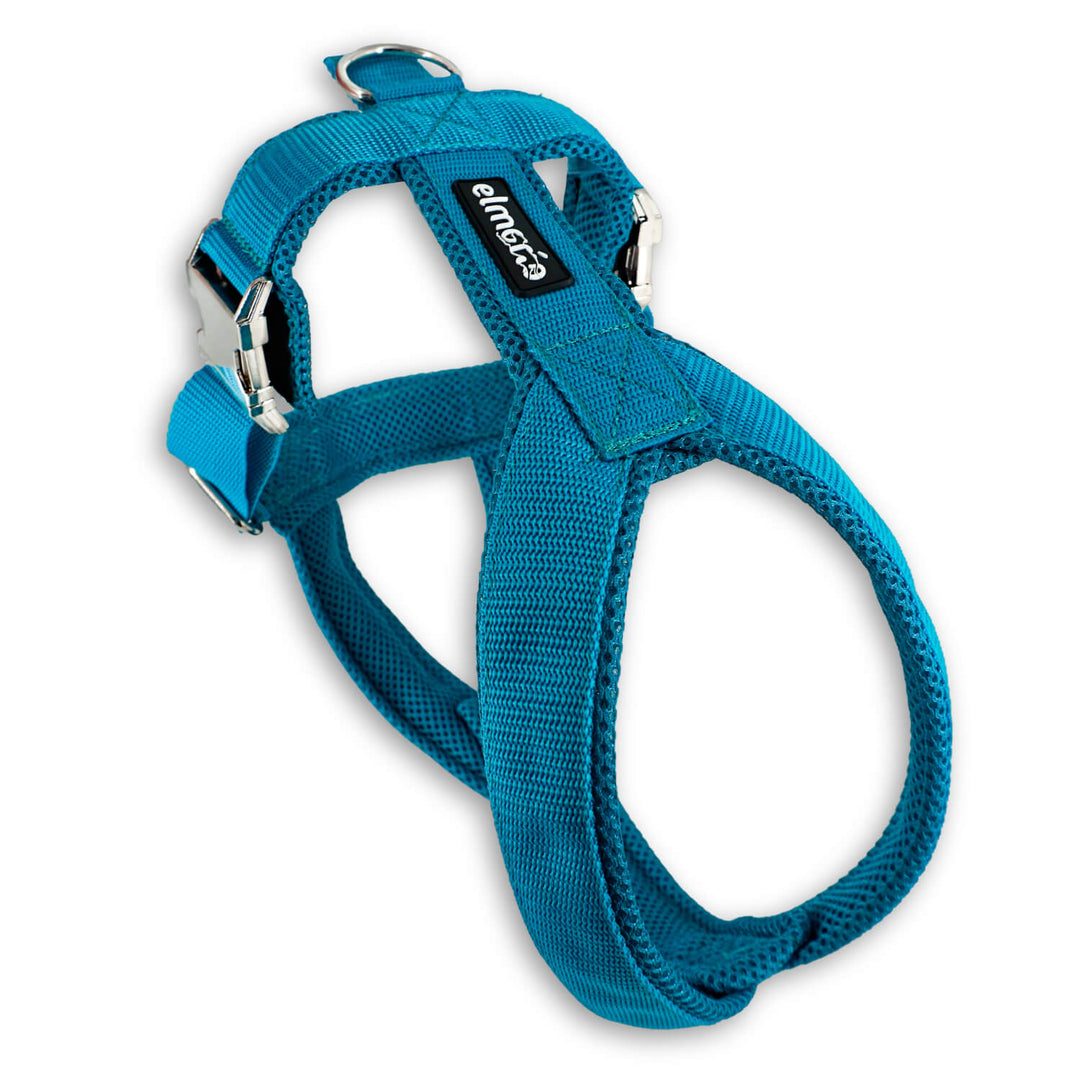
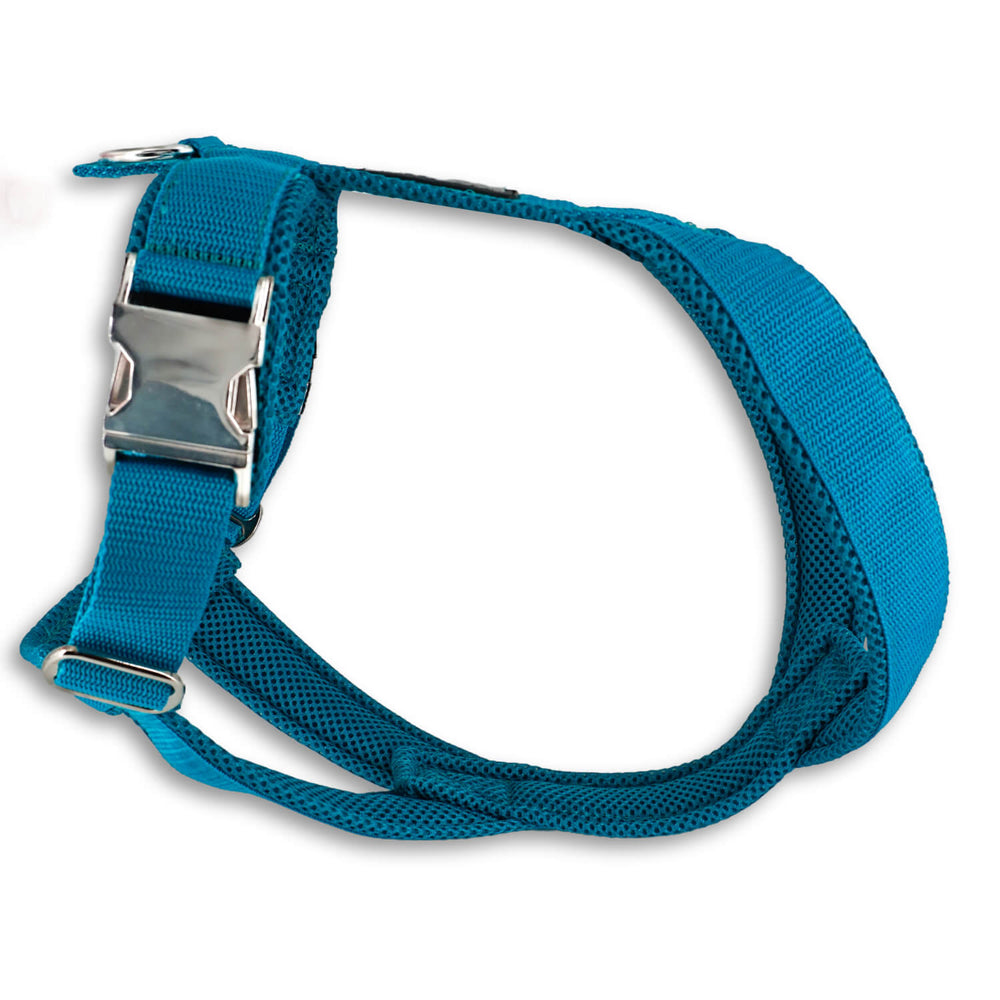
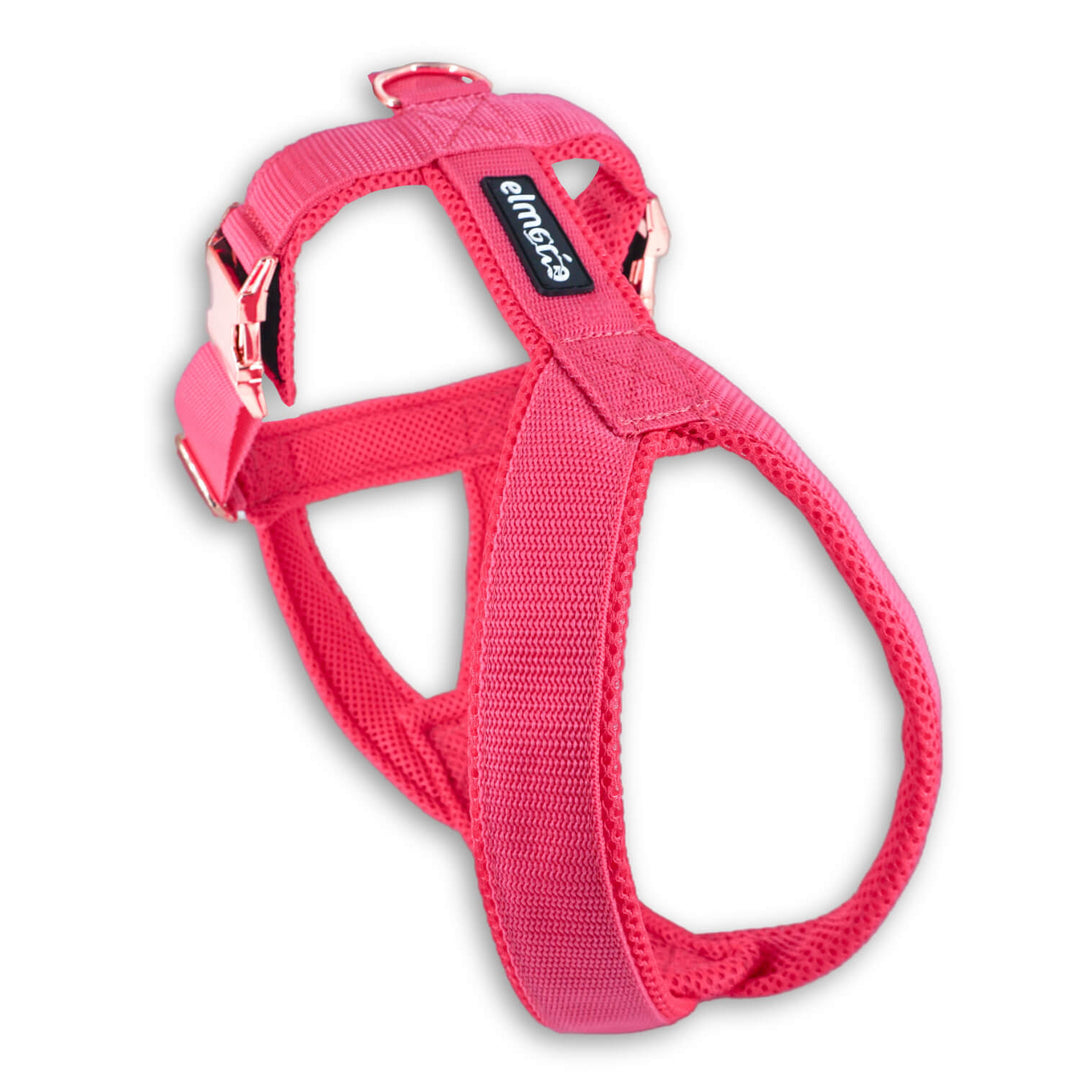
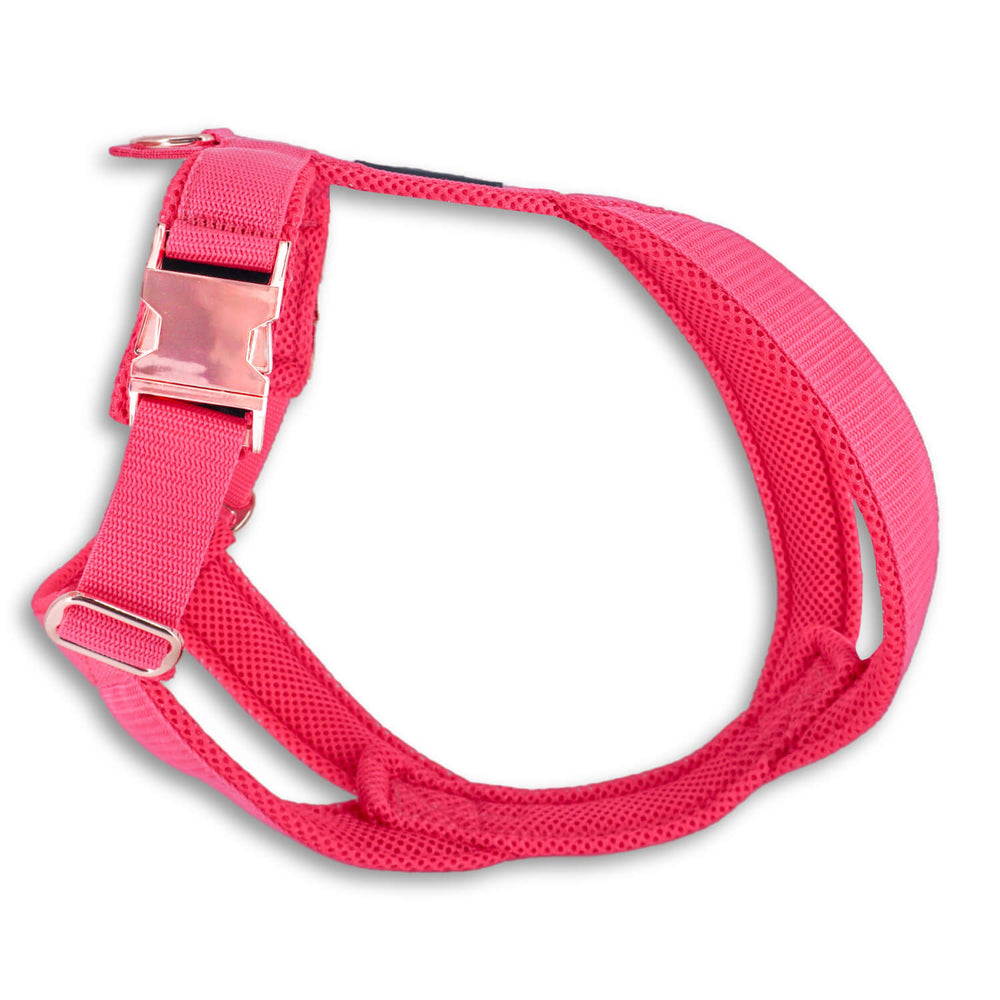
Leave a comment